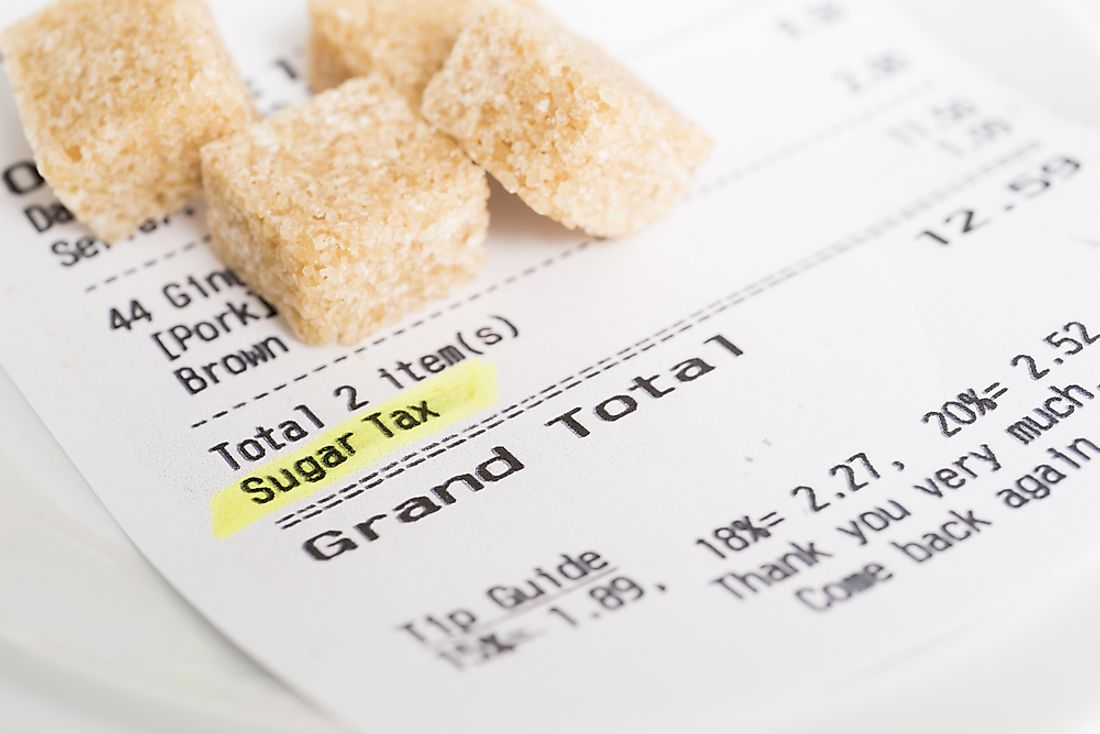What is a Soda Tax?

A soda tax (or sugary drinks tax) is a surcharge levied to minimize the consumption of beverages which contain added sugar. Some of the beverages covered under the sugary drinks tax include energy drinks, carbonated drinks, sports drinks, and non-carbonated drinks. Big producers of carbonated beverages such as Coca-Cola regularly contest against the idea of the soda tax. Therefore, in many countries, the issue of the soda tax is often under public debate. The World Health Organization (WHO) together with national medical associations act as advocates in the promotion of soda tax. The primary objective for a soft drinks tax is to dissuade unhealthy diets and counterbalance the increasing economic costs of obesity. In recent years, soda taxes have become more popular in certain countries around the world.
What is a Soda Tax?
Berkeley, California
On November 4th, 2014, about 76% of voters in Berkeley voted for the approval of the Measure D soda tax which took effect on January 1st, 2015. It was the first of its kind in the US. Measure D enforces a tax of one cent per ounce on the wholesalers of particular sugary drinks such as energy drinks, soda, sweetened iced tea, and sports drinks. A few exceptions include diet drinks, milk-based beverages, alcohol, fruit juice, and meal replacement drinks. A study carried out by UC Berkley in 2016 revealed a 21% decrease in the consumption of sugary drinks and soda in low-income neighborhoods around the city.
France
In 2012, a targeted tax on sugary drinks was first introduced in France at a national level. Following the introduction of the soda tax, soft beverages were estimated to increase to approximately 3.5% in cost. According to market research done by the firm Canadean, the sales of soft drinks in France had decreased in the year as a result of the soft drinks tax. The country's soft drinks tax not only applies to beverages with added sugars but also to beverages with artificial sweeteners.
St. Helena
The island of St. Helena is a British oversees territory situated in the southern region of Atlantic. The island gained attention in 2014 when they publicized its intention to introduce a tax of 75 cents per litre on sugary beverages that contained more than 15 grams of sugar per liter. The tax was introduced on May 22, 2014 as part of several measures put in place to deal with the issue of obesity and the increasing incidences of type 2 diabetes among residents.
Importance of soda tax
In both developed and developing countries, an rates of diabetes have increased. In 2012 alone, about 1.5 million people died of diabetic-related causes. Sugar from beverages tends to enter the body quickly compared to sugar from food. The liver and pancreas can become overwhelmed from the sugar which can result in diabetes and heart complications over time. The consumption of added sugar in drinks has been associated with a high calorie intake, resulting in obesity and excess weight.
What is a Soda Tax?
| Rank | Location | Year of Tax Implementation | Tax Repealed? |
|---|---|---|---|
| 1 | Albany (CA, USA) | 2016 | No |
| 2 | Barbados | 2015 | No |
| 3 | Berkeley (CA, USA) | 2014 | No |
| 4 | Boulder (CO, USA) | 2016 | No |
| 5 | Cook County (IL, USA) | 2016 | No |
| 6 | Denmark | 1930s | Yes; 2013 |
| 7 | Fiji | 2016 | No |
| 8 | France | 2012 | No |
| 9 | French Polynesia | 2002 | No |
| 10 | Hungary | 2011 | No |
| 11 | Ireland | 2018 (Planned tax) | No |
| 12 | Mauritius | 2013 | No |
| 13 | Mexico | 2013 | No |
| 14 | Nauru | 2007 | No |
| 15 | Norway | 1922 | No |
| 16 | Oakland (CA, USA) | 2017 | No |
| 17 | Philadelphia (PA, USA) | 2017 | No |
| 18 | Samoa | 1984 | No |
| 19 | San Francisco (CA, USA) | 2018 (Planned tax) | No |
| 20 | St. Helena | 2014 | No |
| 21 | United Kingdom | 2018 (Planned tax) | No |







